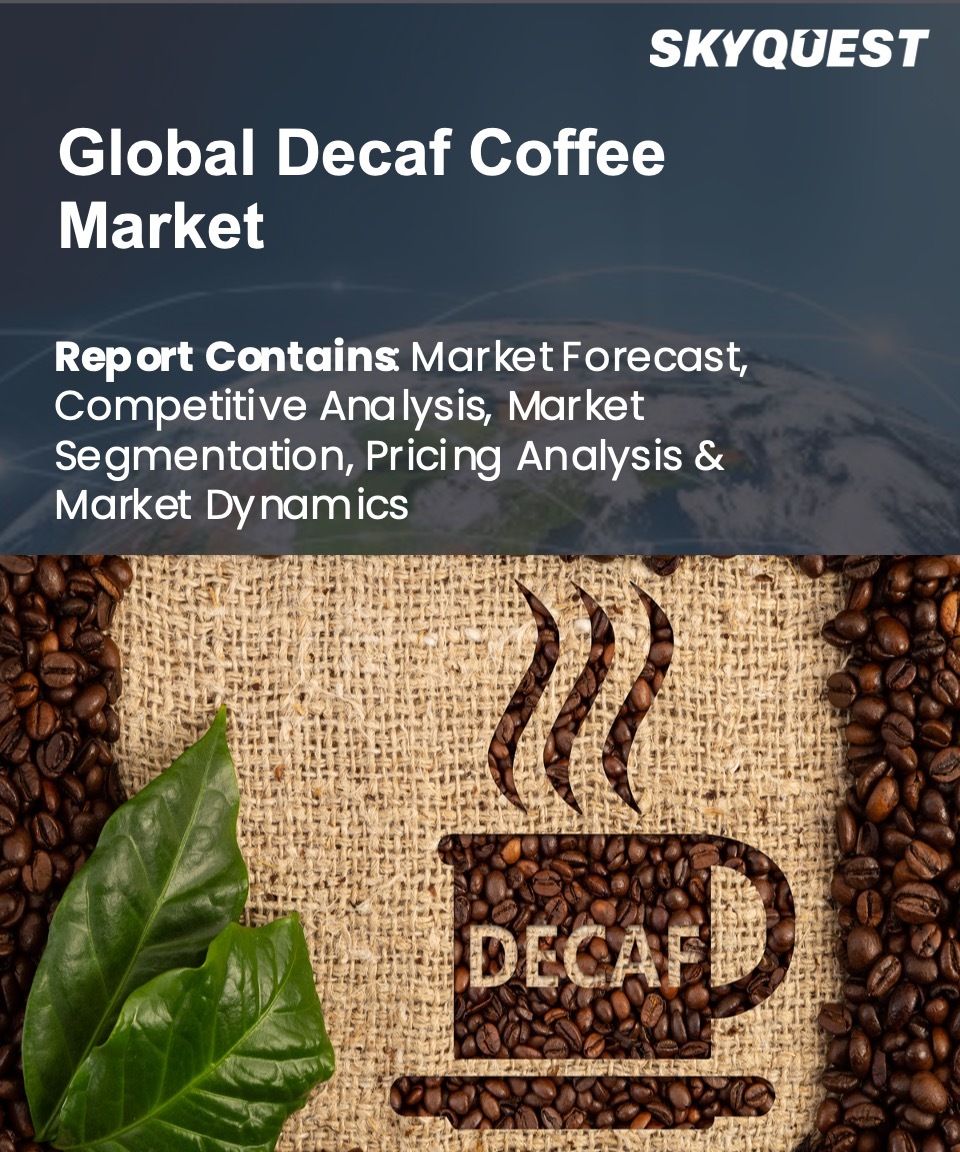
Report ID: SQMIG30F2041

Report ID:
SQMIG30F2041 |
Region:
Global |
Published Date: April, 2024
Pages:
165
|
Tables:
61 |
Figures:
75
The largest market, representing more than 35% of global revenue, was Europe. The product's sales in Europe are being boosted by the region's high popularity of coffee and a growing public awareness of the negative effects of caffeine. Around 8% of all coffee consumed in Germany is the decaffeinated variety, according to the International Trade.
From 2022 to 2028, Asia Pacific is anticipated to have the fastest CAGR, at 8.2%. This expansion is ascribed to an increase in health consciousness among people in nations like India, Indonesia, and Japan. The market is seeing significant demand for decaffeinated beverages in Japan in the form of black tea and green tea, therefore the sale is anticipated to rise throughout the forecast period.
Our industry expert will work with you to provide you with customized data in a short amount of time.
REQUEST FREE CUSTOMIZATIONWant to customize this report? This report can be personalized according to your needs. Our analysts and industry experts will work directly with you to understand your requirements and provide you with customized data in a short amount of time. We offer $1000 worth of FREE customization at the time of purchase.

Report ID: SQMIG30F2041